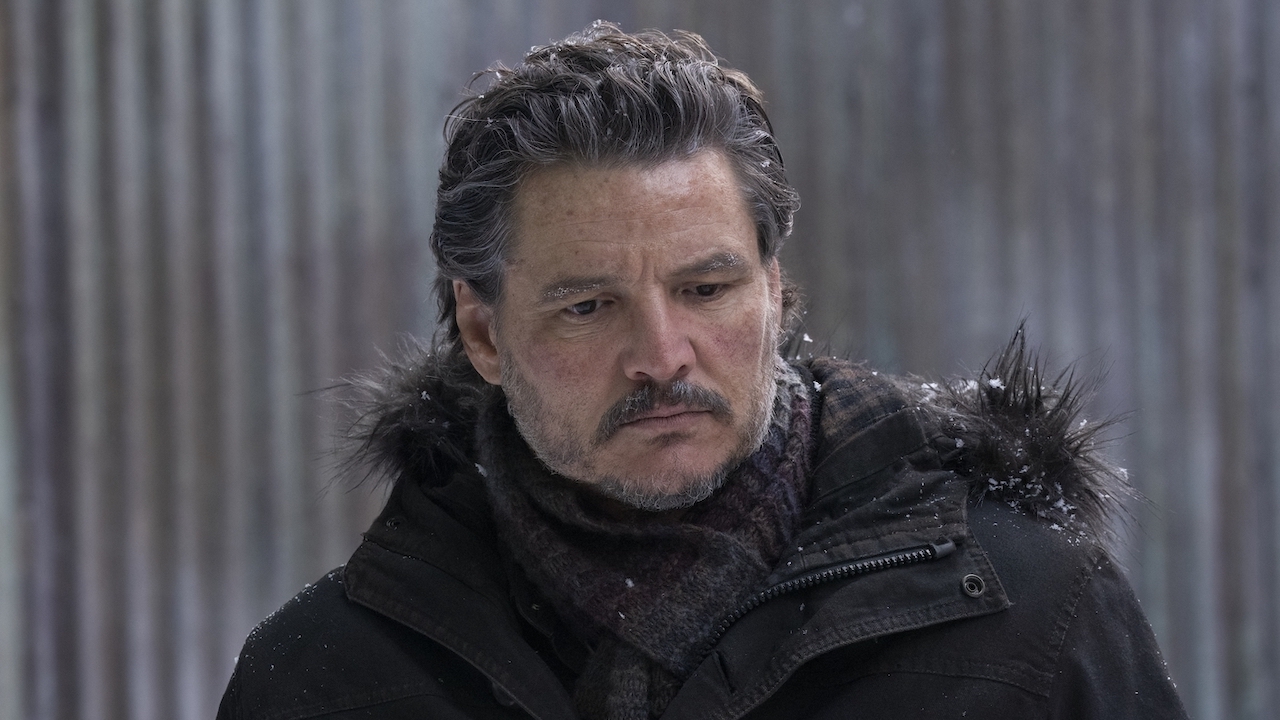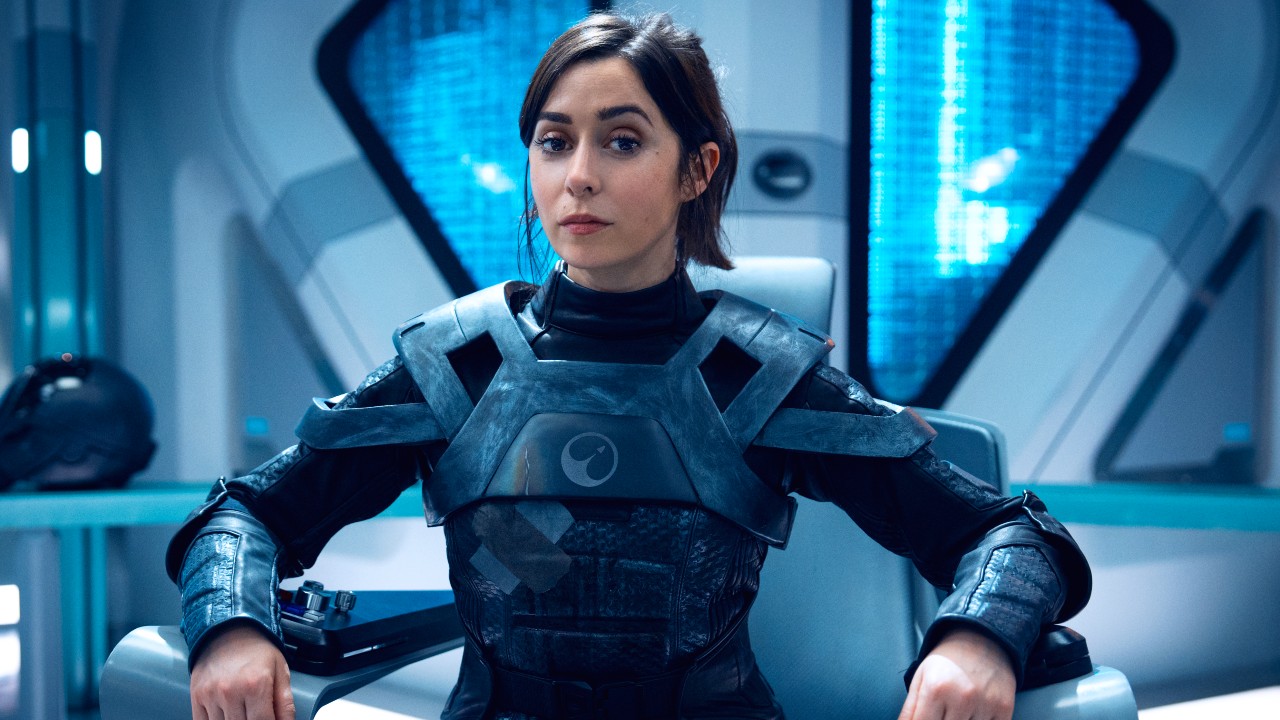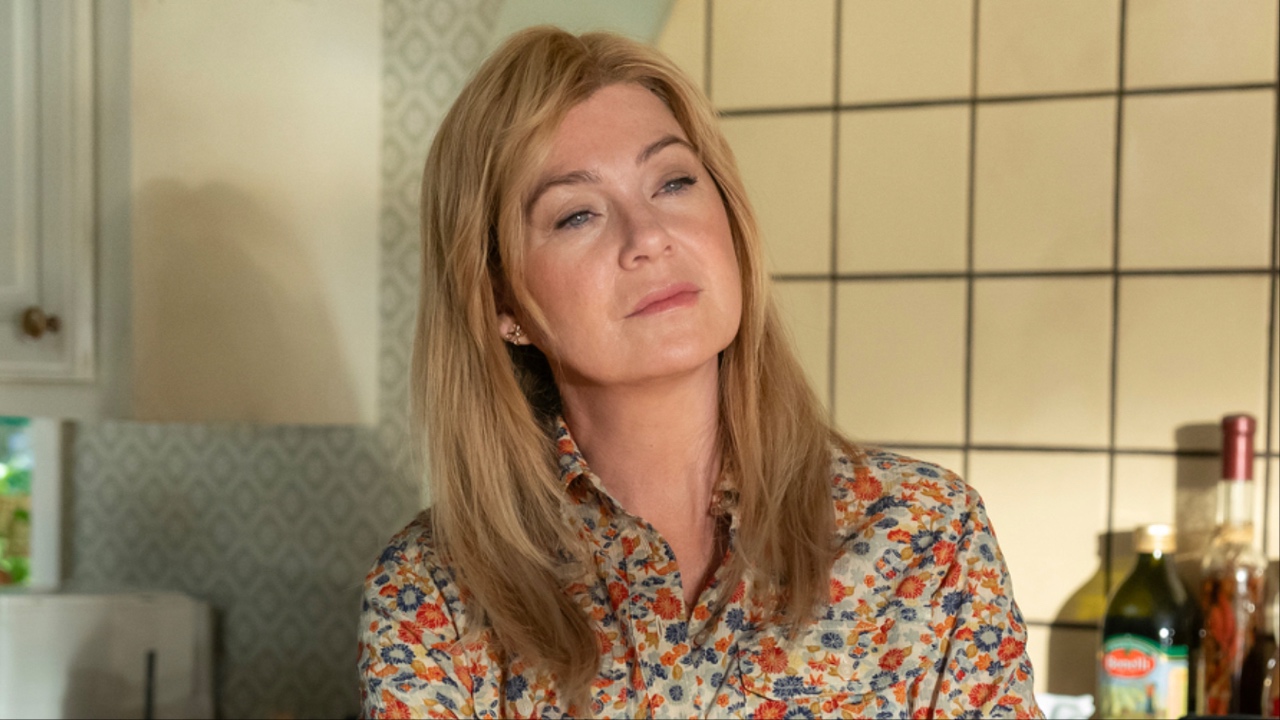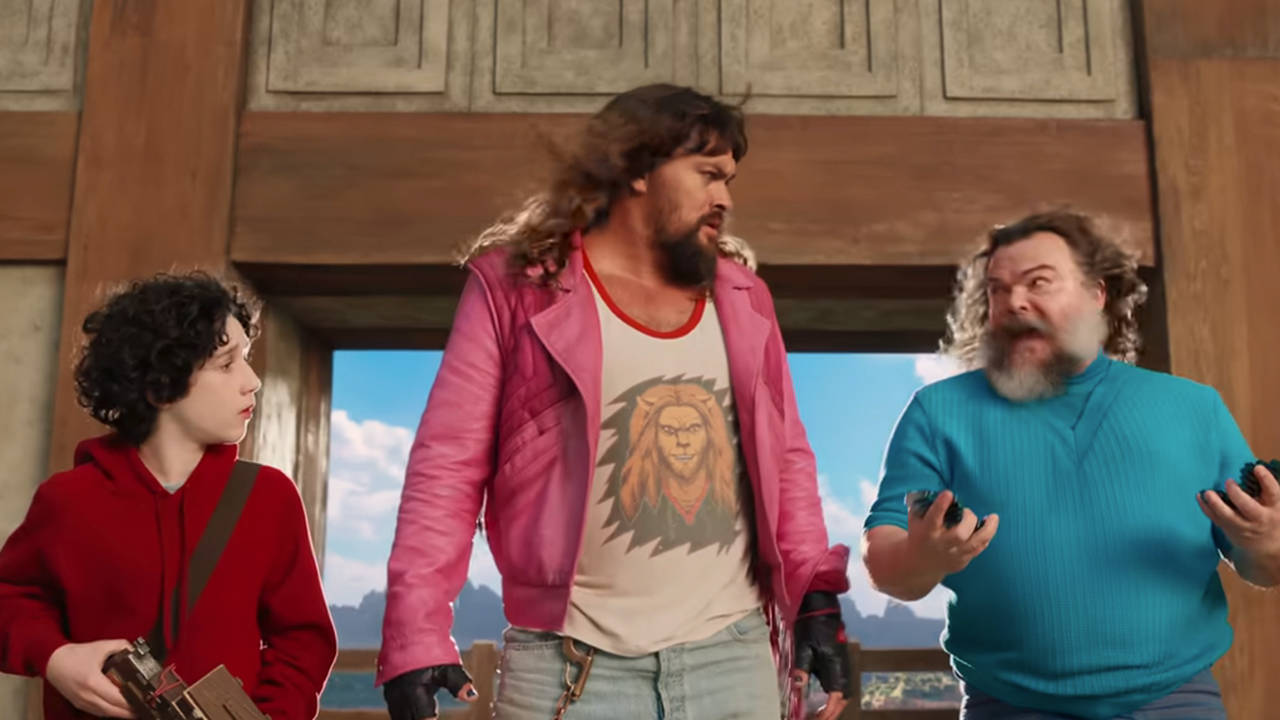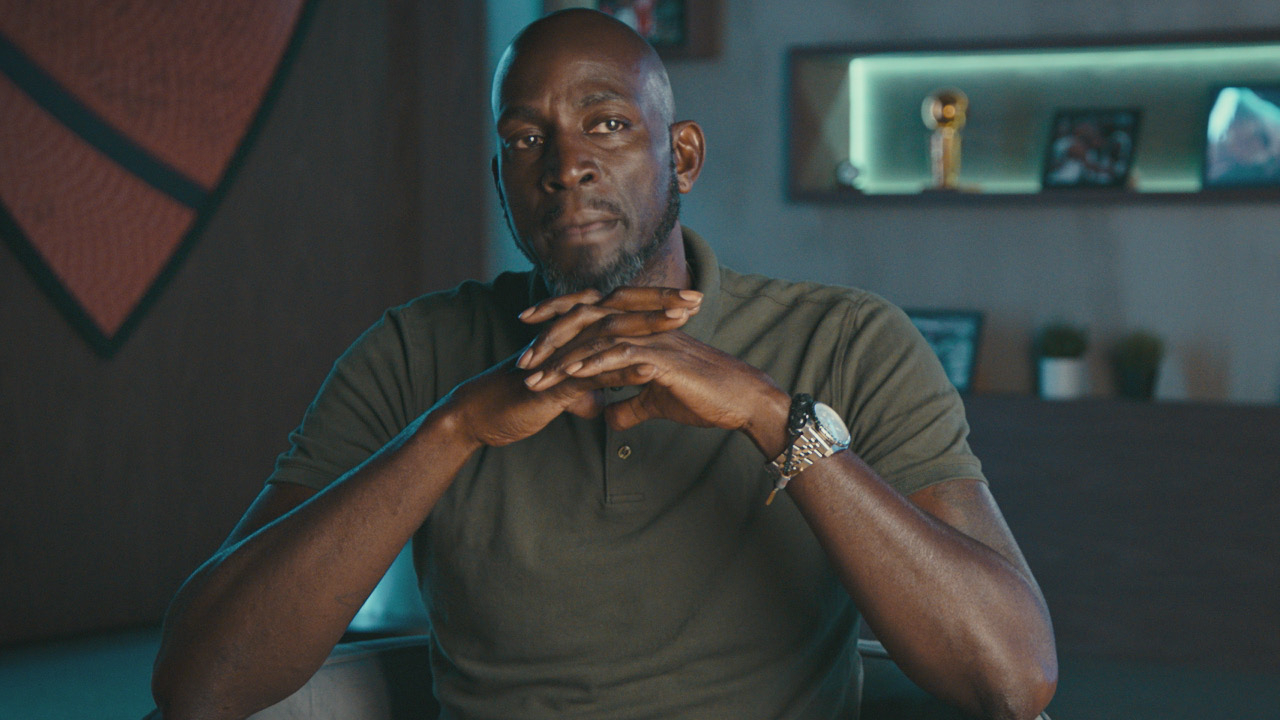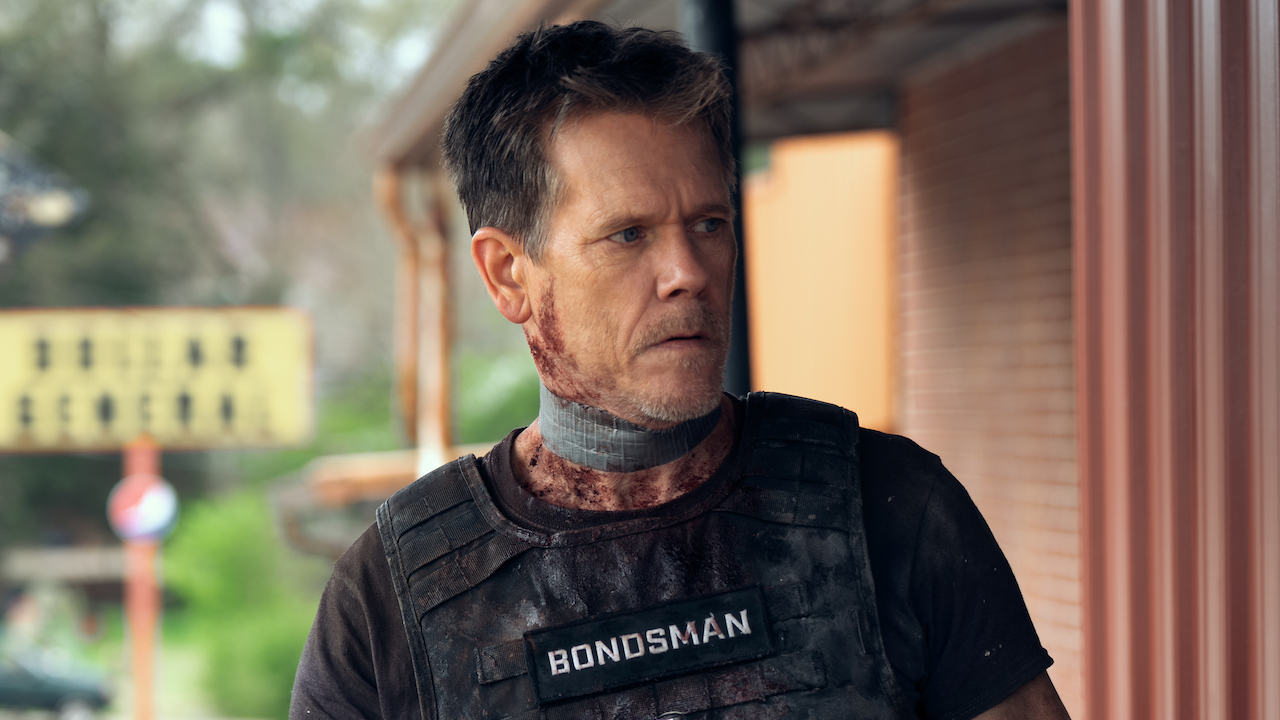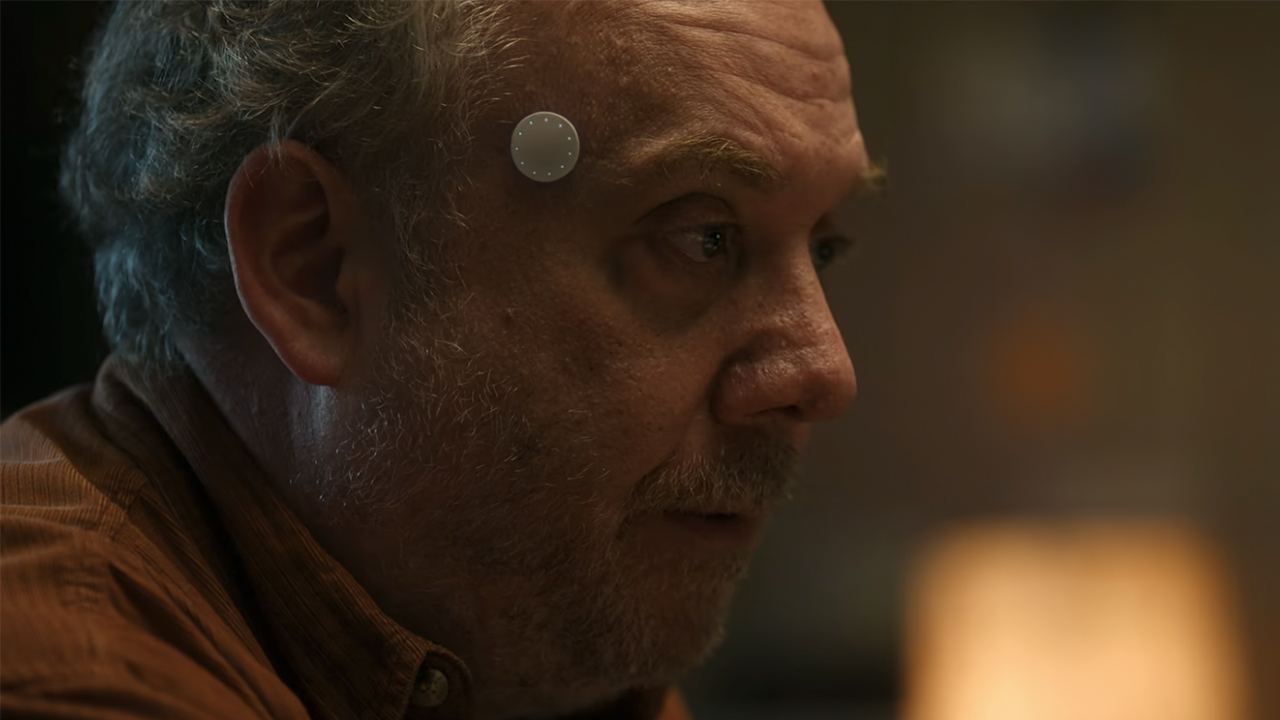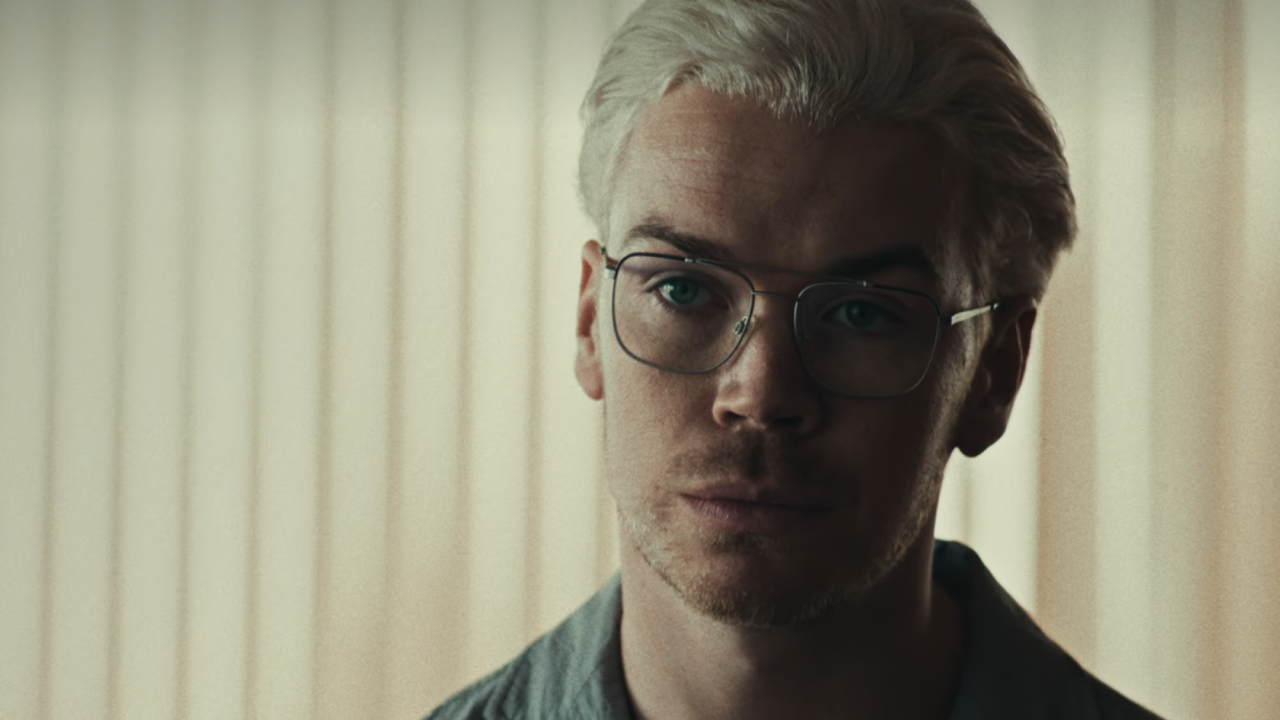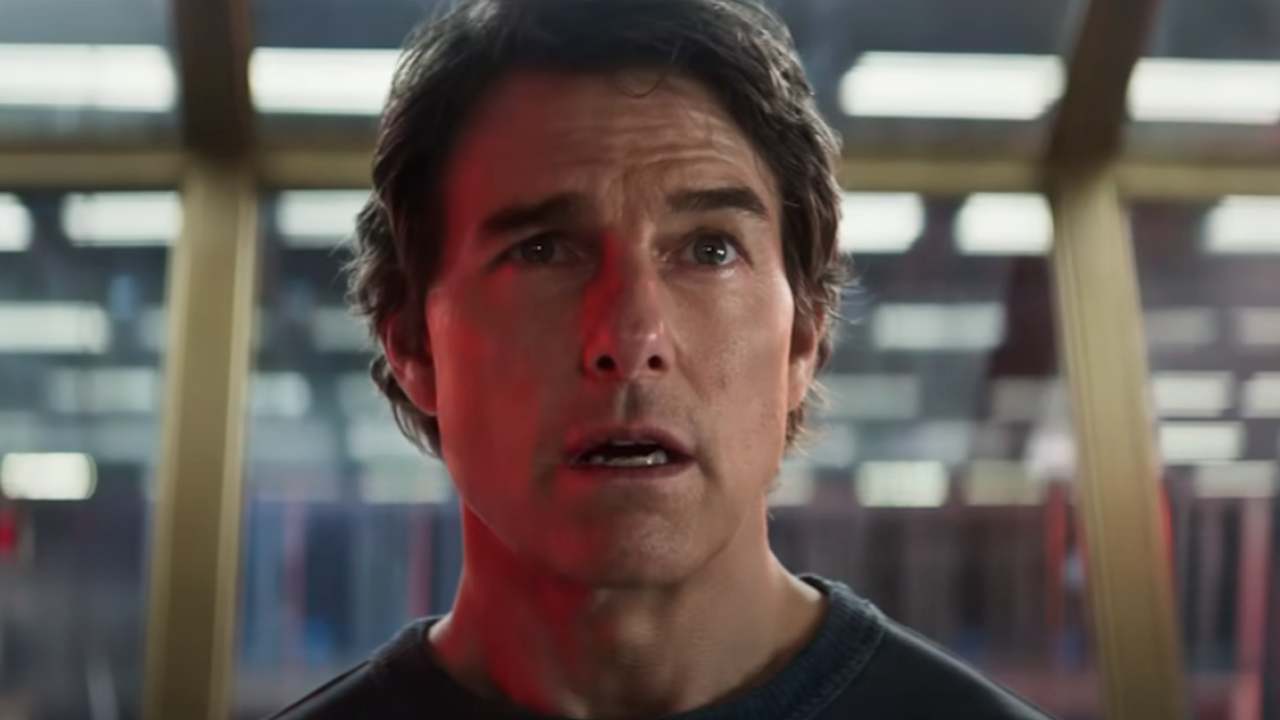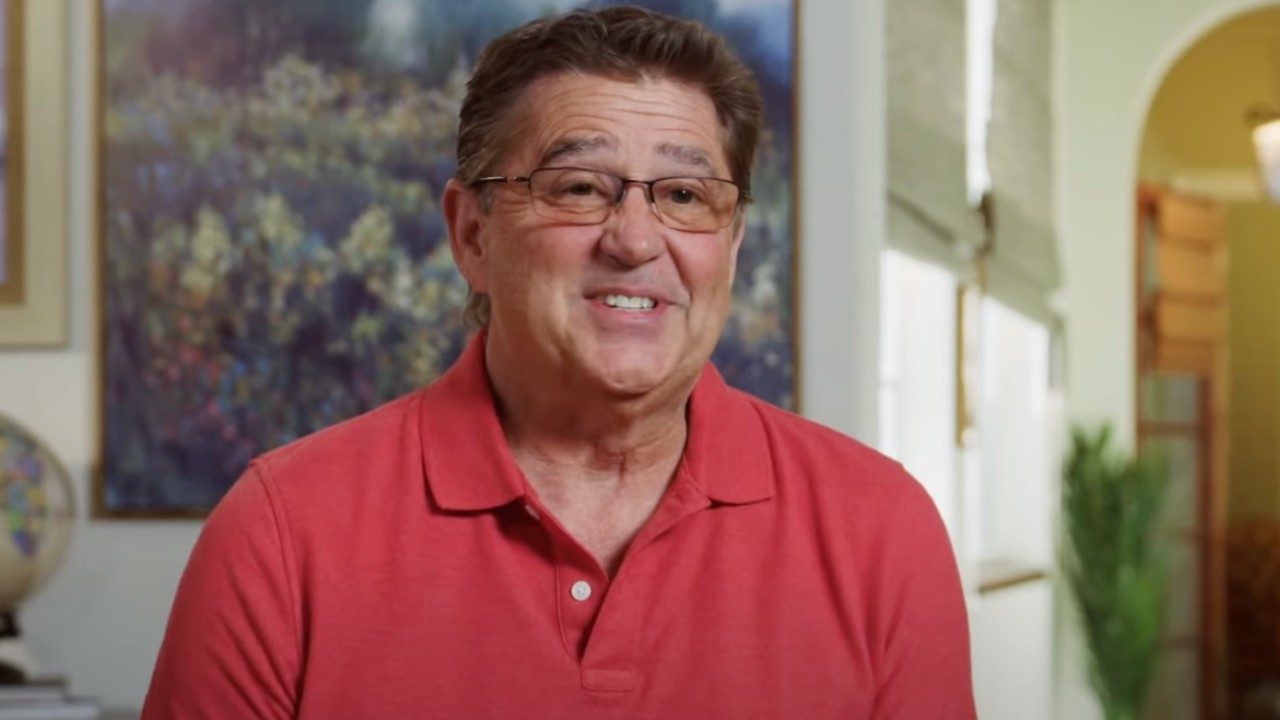5 Lessons Wonka Should Learn From The Other Two Movies
Timothée Chalamet is the latest actor to play Willy Wonka.
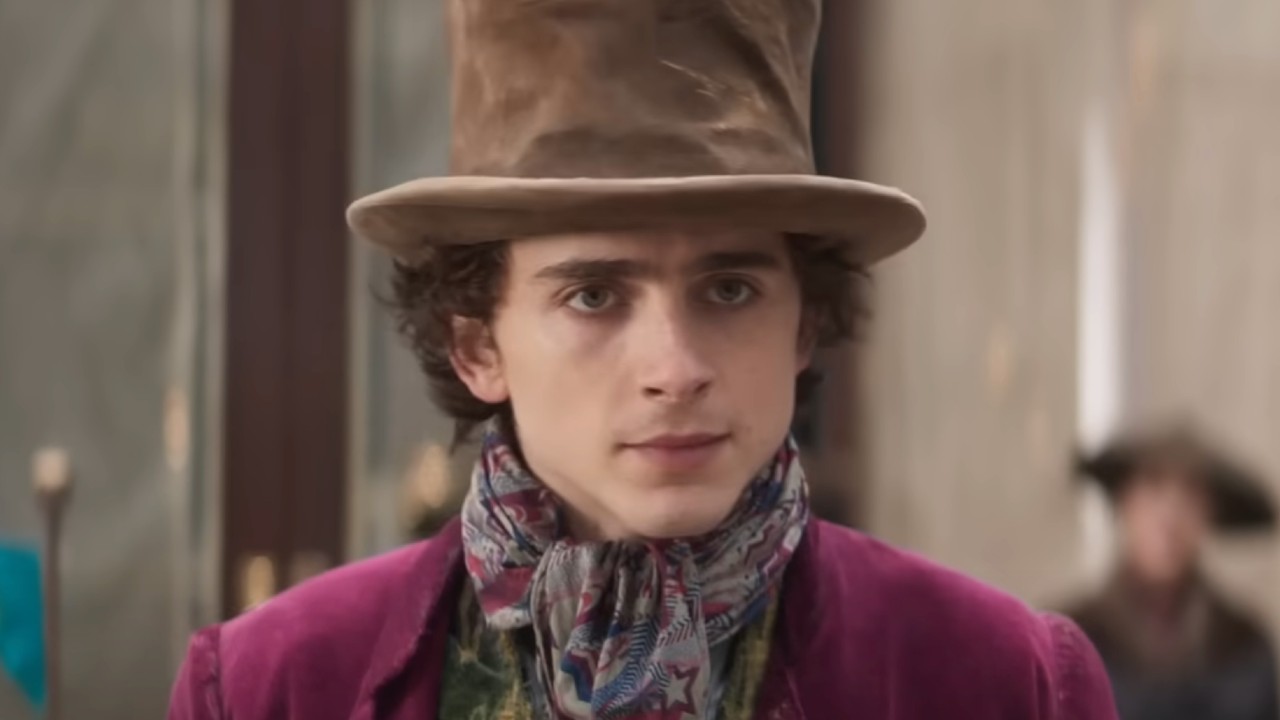
There’s only a handful of 2023 new movie releases left in the year, and one of the most highly-anticipated upcoming films of them all is Paul King’s Wonka movie. The filmmaker behind the beloved Paddington movies is taking on another well-loved literary property by telling the origins of Willy Wonka years before Charlie Bucket entered his factory. As I look forward to the latest adaptation of the chocolatier with Timothée Chalamet’s performance, I want to talk about five things Wonka should learn from the other two movies.
Across movie history, there’s only been two other Willy Wonka movies: 1971’s Willy Wonka and the Chocolate Factory starring Gene Wilder, and Tim Burton’s 2005 adaptation of the children’s novel starring Johnny Depp. As Timothée Chalamet makes the character his own, let’s talk about my hopes for Wonka:
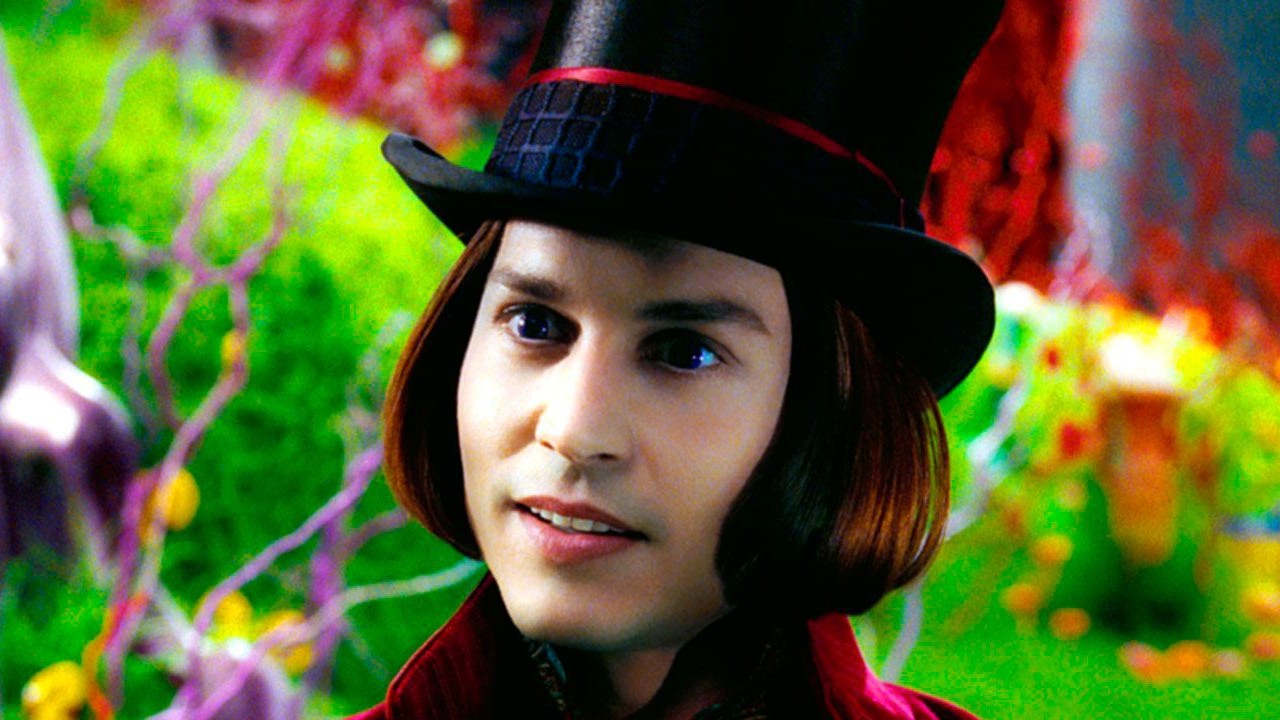
Willy Wonka Is At His Best When There’s A Mystery About Him
Regarding the characterization of Willy Wonka, I hope Wonka keeps the right amount of mystery and wonder about the chocolatier. "How the heck is a prequel about Willy Wonka’s origins going to do that?", you may ask, and I’m currently asking that question myself. Because while there is certainly some intrigue to be had regarding how Willy Wonka becomes the legend that he is in Charlie and the Chocolate Factory, I really don’t want the answer to every question I have about him.
As Gene Wilder’s Wonka memorably sang in the original film, it’s all about “Pure Imagination.” I think Willy Wonka should somewhat be left up to one’s own mind to fill in the blanks. For example, I felt that Tim Burton’s version went a bit too far into the weeds of Willy Wonka’s backstory by making his father a dentist who forbade him from having candy, leading him to run from home and begin his dream. While I’d like to see Wonka make Willy a more three-dimensional character (and Timothée Chalamet is already getting high praise for the role already), I hope Wonka learns that between the first two movies, Wonka is better when he’s not such a tragic character, like Depp’s was.
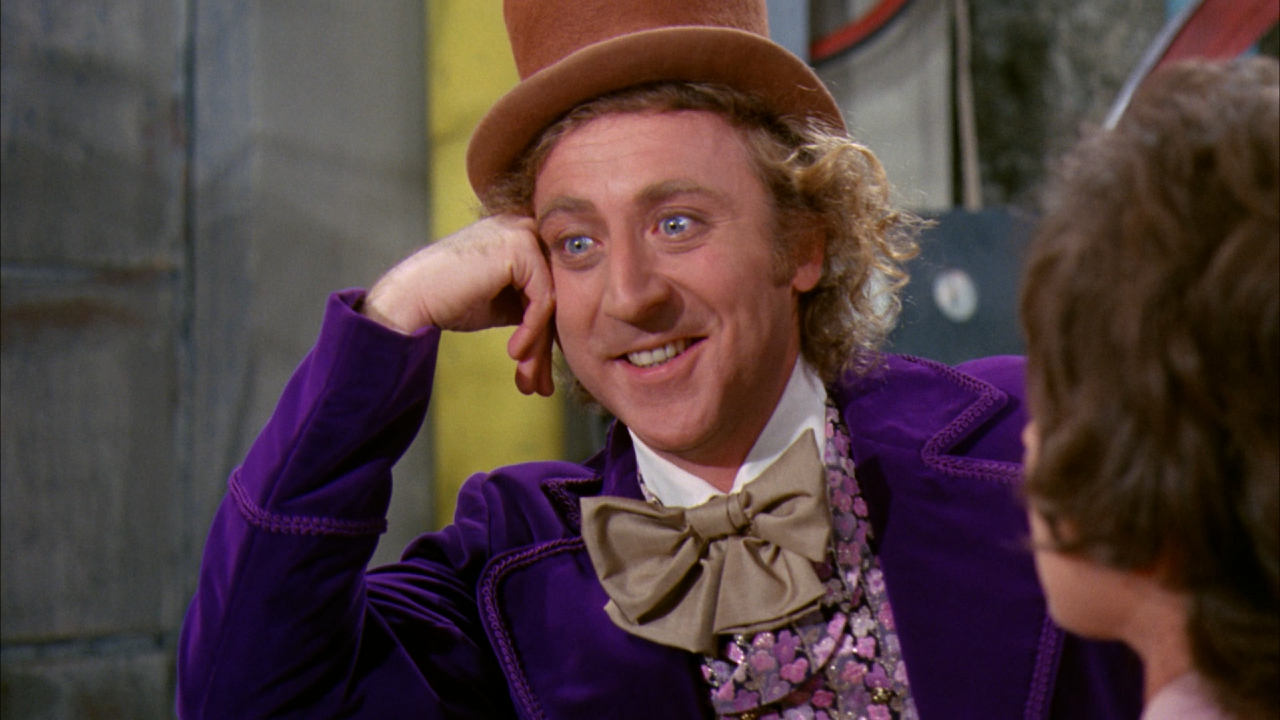
Gene Wilder’s Willy Wonka Is Too Iconic To Be Impersonated
On the flip side of that point, 2005’s Charlie and the Chocolate Factory found strength in Johnny Depp bringing his own flair to Willy Wonka rather than an impersonation of Gene Wilder. Because as the actor and the filmmakers probably were aware of, Wilder’s take on Wonka is simply too iconic to be impersonated. So why would anyone try?
From what we’ve seen in the Wonka trailer, Chalamet does look like he could be emulating a younger Gene Wilder. I hope in the movie itself, the actor has found ways to create his own version of Wonka I’m not constantly wishing was Wilder and learn from a major strength in the 2005 remake. Chalamet has a tendency to pick really rich roles and has shared that the script assured him the movie isn’t a money grab, so here’s hoping Wonka allows him to bring his own flair to the character.
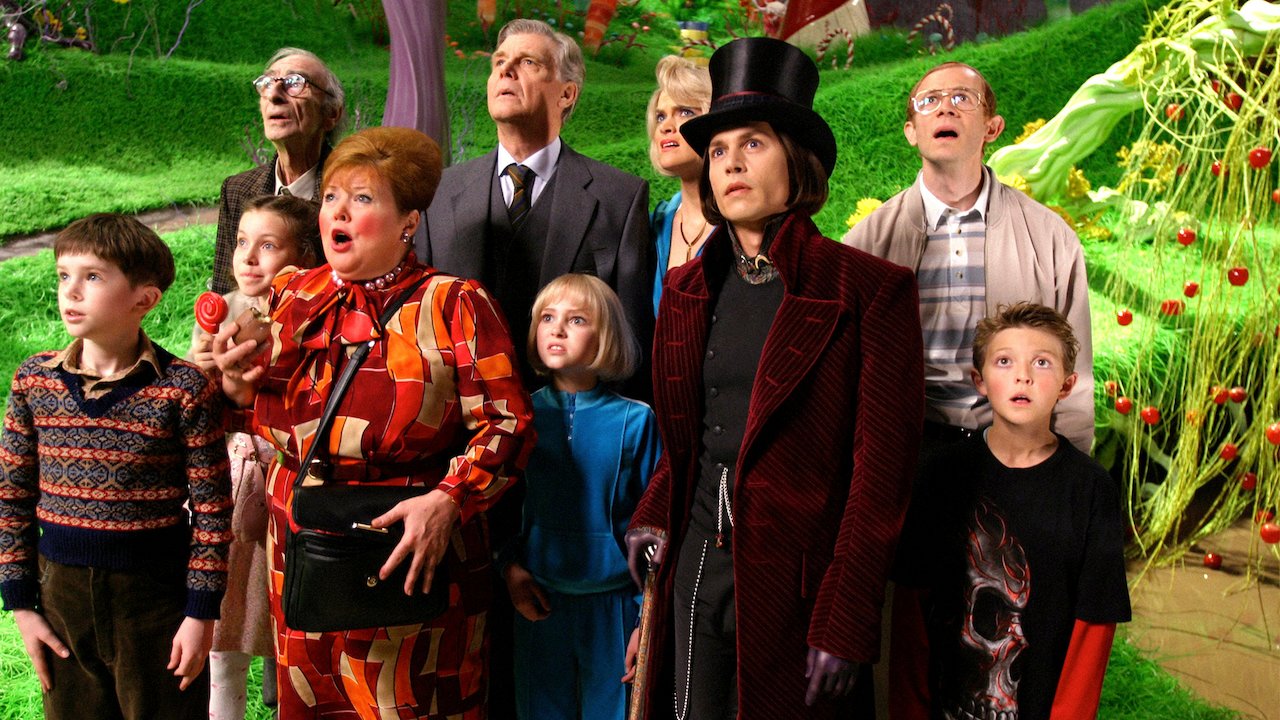
Wonka’s Factory Is All About Imparting Valuable Lessons
Aside from the characterization of Willy Wonka in previous iterations, I think both adaptations have really hit home is how the chocolate factory offers an opportunity for children to learn valuable life lessons more than anything else. A major theme in the novel is “What comes around goes around,” as is often illustrated when each of the contestants get stuck in the factory in one way or another due to their own character flaws.
CINEMABLEND NEWSLETTER
Your Daily Blend of Entertainment News
While Wonka is not another adaptation of the novel itself, I think the movie should implement somehow this key element of Wonka’s factory. Based on previous iterations, it’s clear to me as a fan that Willy Wonka takes pleasure in seeing karma come for people. Why is that?
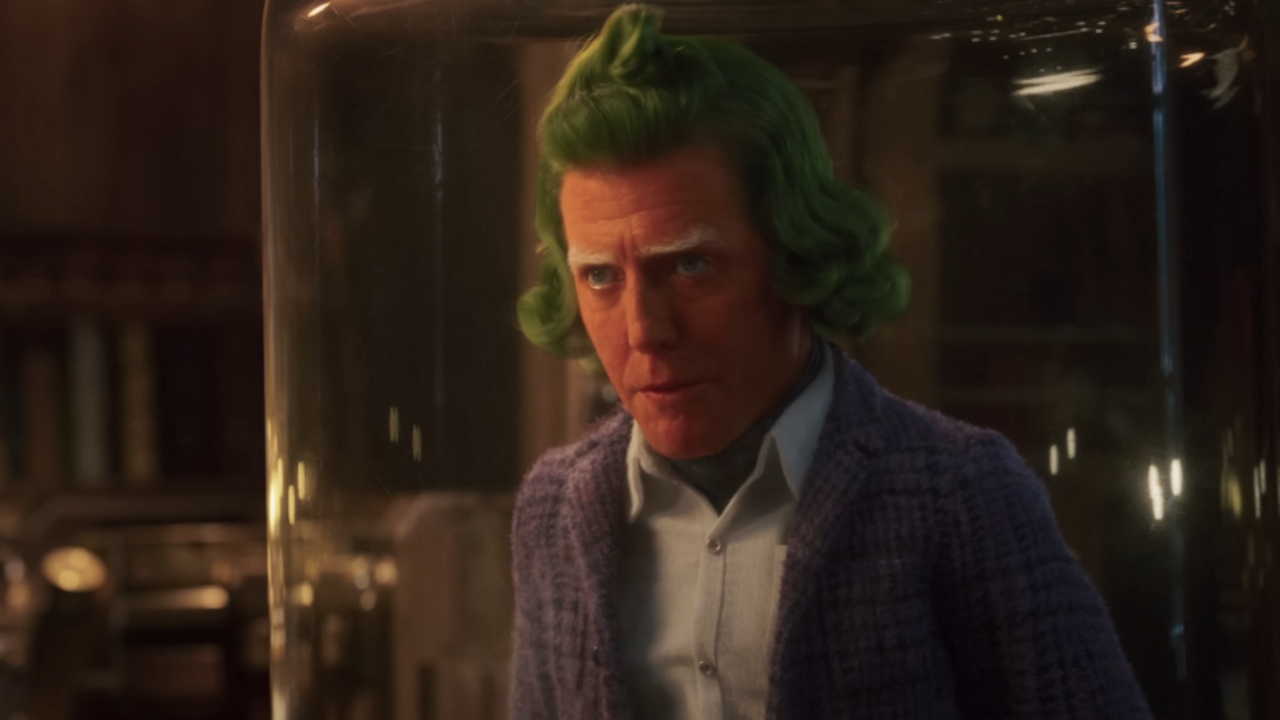
The Oompa Lompas Should Be Handled With Care
I also think Wonka can build upon some troubling themes inherently found in Willy Wonka’s world regarding how it decides to adapt the Oompa Loompas. The Oompa Loompas actually have a rather troubling origin in Roald Dahl’s original novel, published in 1964, because the characters were described as African pygmies (per Medium) when the first edition was released. They were from a fictional African country named Loompaland and were servants to Willy Wonka who happily worked for him in exchange for cocoa beans. They also sang patronizing songs and were all around thought of as racist characters. (Yikes!)
While Oompa Loompas were later rewritten to combat how problematic they are, the characters themselves can still be seen as servants. If Wonka doesn’t handle the Oompa Loompas with care, it could perpetuate some of the problems with the source material that wasn’t necessarily handled in the best way from its prior adaptations either. All I know before seeing it that Hugh Grant is playing a key Oompa Loompa named Lofty.
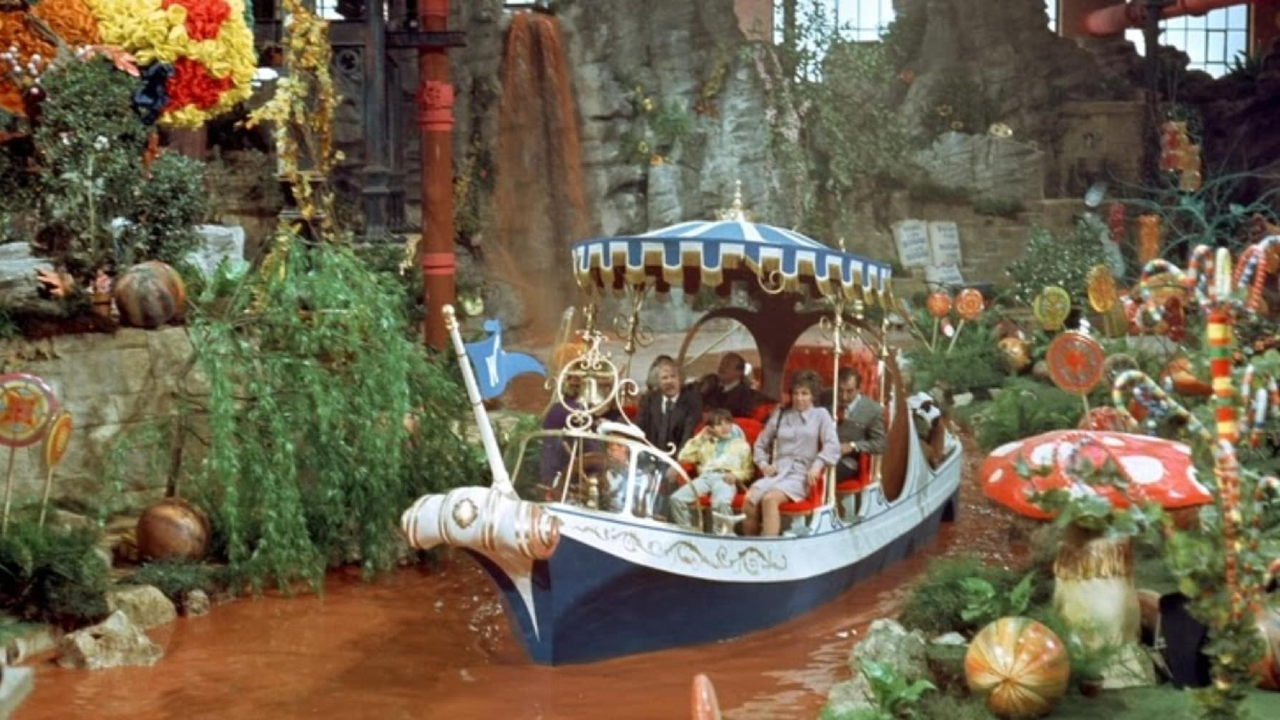
Wonka Movies Should Connect One With Pure Imagination And Wonder
Lastly, I hope Wonka will take note of the other adaptation’s attention to detail when it comes to incredible and wonderous production and set design that created worlds I felt like I could jump right into! It’s been nearly 20 years since the last Willy Wonka movie was made, and since then there have been all sorts of innovations in CGI and so forth. I hope all the practical creations that were made back in 1971 and 2005 for the same character served as inspiration for the filmmakers when it comes to Wonka. People of all ages should feel like their imagination and sense of curiosity has been elevated after watching a Willy Wonka movie!
Here’s hoping Wonka took note of these lessons from the other movies based on Charlie and the Chocolate Factory! Thus far, the movie has been screened for critics to a combination of sweet and sour reactions. Overall, they are mostly sweet, so here’s hoping Timothée Chalamet’s version is one of the best thus far. You can see Wonka in theaters on December 15.

Sarah El-Mahmoud has been with CinemaBlend since 2018 after graduating from Cal State Fullerton with a degree in Journalism. In college, she was the Managing Editor of the award-winning college paper, The Daily Titan, where she specialized in writing/editing long-form features, profiles and arts & entertainment coverage, including her first run-in with movie reporting, with a phone interview with Guillermo del Toro for Best Picture winner, The Shape of Water. Now she's into covering YA television and movies, and plenty of horror. Word webslinger. All her writing should be read in Sarah Connor’s Terminator 2 voice over.
